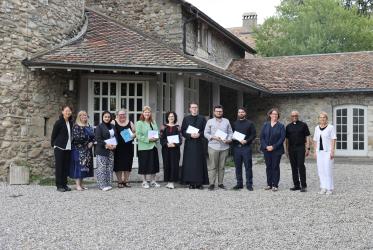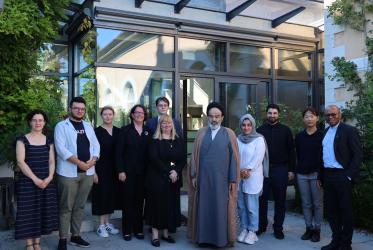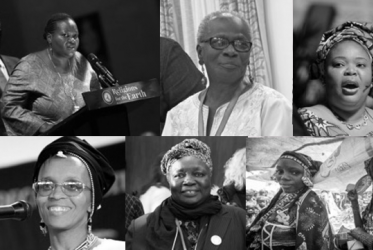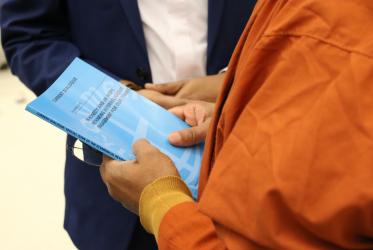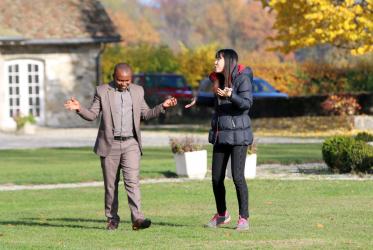Displaying 1 - 20 of 83
Ahead of Her Time
Pan-African Women of Faith and the Vision of Christian Unity, Mission, and Justice
01 November 2023
Rethinking Ecological Relationships in the Anthropocene era
11 - 13 February 2021
Bossey students testimony
26 June 2020
Festivities and dialogue launch new WCC journal
07 February 2020

